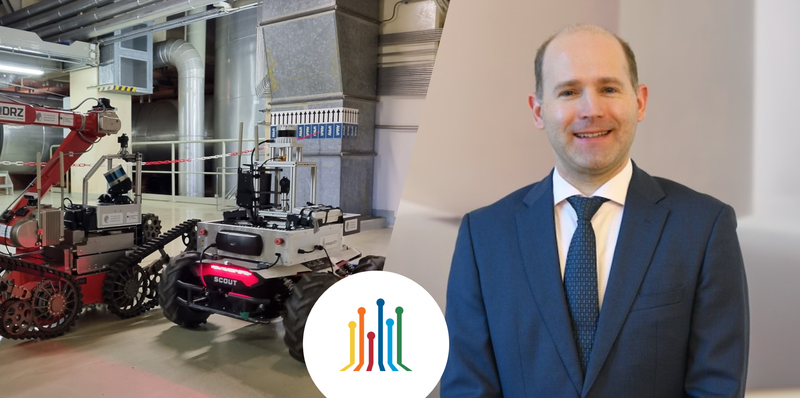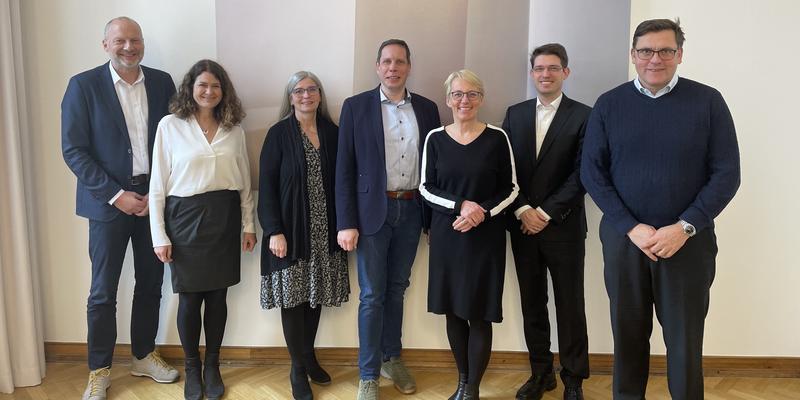Following the motto “Mastering faults, overload, attacks and the unknown”, the new focus programme “Resilience in Networked Worlds” of the German Research Foundation (DFG) is researching to increase the resilience of network infrastructures and supplement modern concepts of networked worlds with resilience as a key component. The scientific coordinator of emergenCITY, Prof. Matthias Hollick, is also involved in the organisational team of the focus programme, which is coordinated at TU Berlin.
Repelling even unknown attacks
Resilience is the ability of a system to provide a required minimum level of functionality even if individual parts fail, if they are attacked or if completely unexpected disruptions occur. This goes far beyond conventional redundancy procedures. The focus programme’s research areas will range from the modern internet to the internet of things to complex Cyber-Physical Systems.
“Communication networks have almost invisibly become the nerve system of our society. Energy supply, transport, health and administration - all of these are dependent on the reliable operation of networks,” Prof. Hollick outlines the relevance of the research.
At the LOEWE centre emergenCITY, Prof. Hollick is also working on solutions that make networked systems of digital cities safe regarding crises and contributed his expertise on interdisciplinary research to the development of the new focus programme.
Preventing failures
Researchers from all over Germany will be working together in an interdisciplinary manner in the focus programme starting in 2022 to develop a “resilience-by-design” approach. Research areas related to networking and communication systems will be bundled and strengthened by expertise in circuit design, IT security, artificial intelligence and control engineering, for example. This means that resilience is “implemented” from electronic circuits and processors to signal processing and wireless communication to global internet technologies to dynamically recognise bottlenecks, reallocate resources and ultimately continue to provide the required minimum functionality without system failure.
The coordination team includes Prof. Falko Dressler as coordinator, Prof. Antonia Wachter-Zeh (TU Munich) , Prof. Matthias Hollick (TU Darmstadt), Prof. Konrad Rieck (TU Braunschweig) and Prof. Miloš Krstić (IHP - Leibniz Institute for Innovative Microelectronics).



